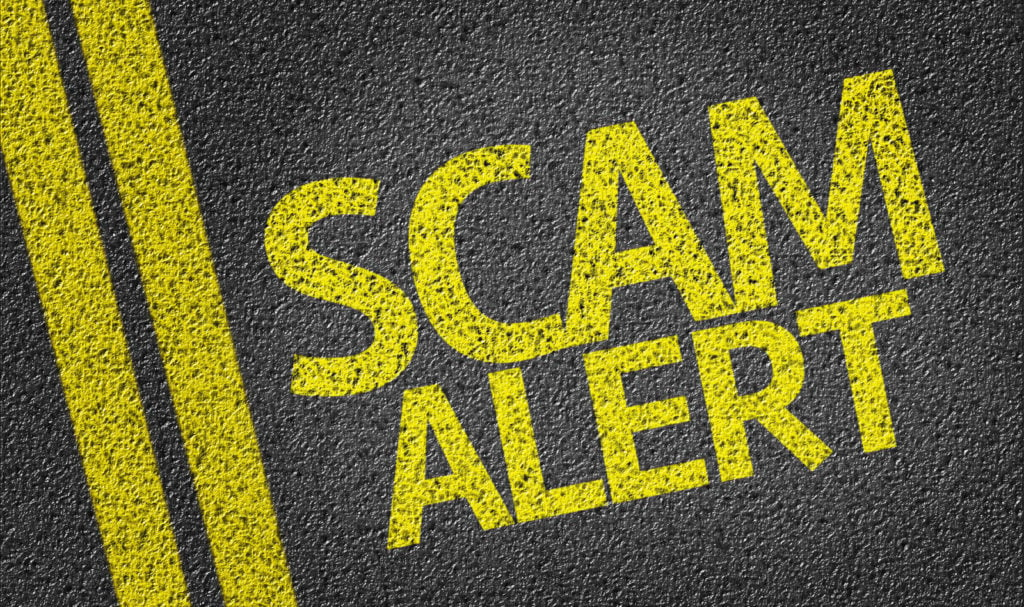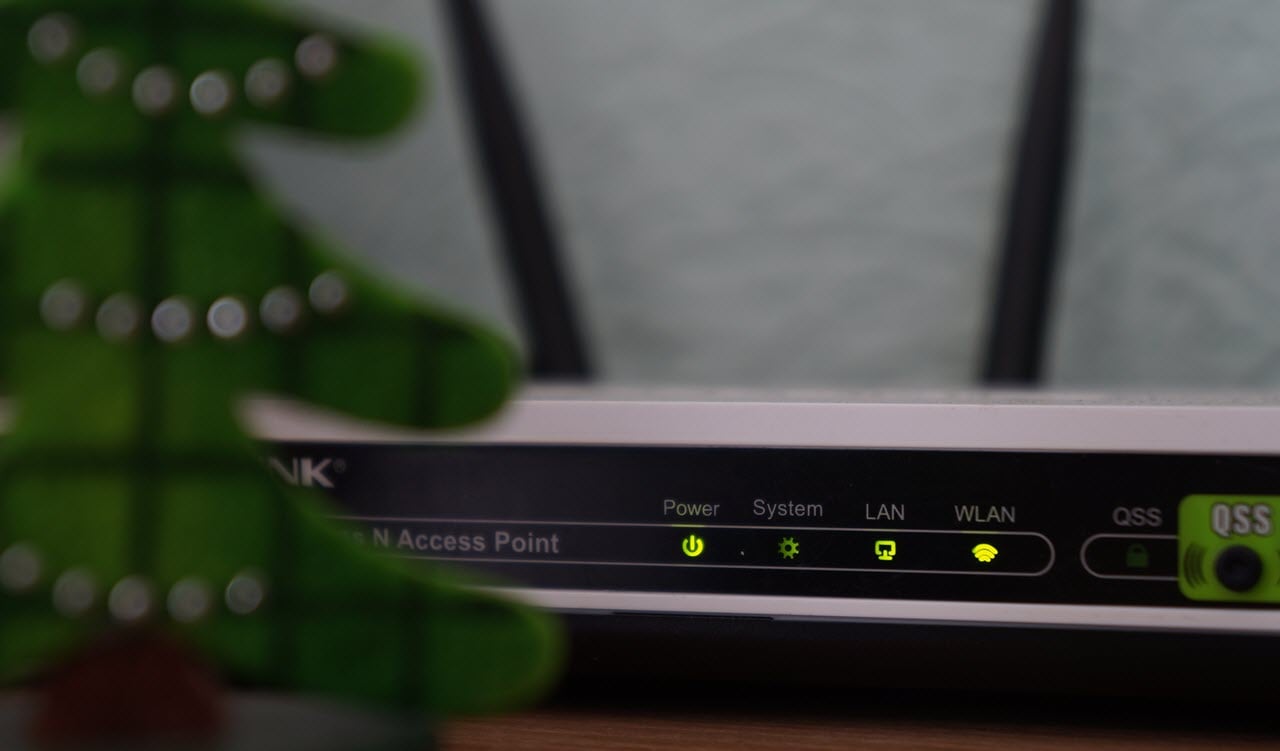Offerup is a big online marketplace where users can buy and sell various items locally. It enables users to list items for sale and connect with potential buyers or sellers. On Offerup, people have profiles with ratings, which helps everyone feel safer when they trade things. But scammers have figured out how to trick people on almost every online marketplace, like Craigslist and Facebook Marketplace, and Offerup is no exception.
In this article, we have discussed how to identify Offerup scams, some common Offerup scams and how to avoid them.
How to identify OfferUp scams?
You can usually tell if someone might be trying to trick you on Offerup by how they act. Be careful if someone:
- Wants to talk to you or make a deal outside of Offerup.
- Asks for codes to verify things from you.
- Sends you strange links.
- Puts up pictures of things for sale that are blurry or tough to see.
- Tries to hurry you into buying or selling something.
- Tells you to do things that aren’t like how Offerup usually works.

Also read: What is the Geek Squad scam?
Common OfferUp scams
Spotting scams on OfferUp is crucial to protect yourself from dishonest people. Here are some common scams that you should watch out for:
- Suspicious User Accounts: Check a seller’s history before making a deal. Having many listings and positive reviews is a good sign. But be cautious of profiles with no reviews or repeated information. Also, be wary of accounts with negative ratings.
- Fake Payments scams: If you’re selling, use cash when meeting buyers in person. Be cautious of counterfeit bills. You can use the Cash Assist mobile app by the U.S. Currency Education Program to verify U.S. notes. Never accept checks, as scammers can give you fake ones, leaving you without the item and possibly with a bank fee.
- Overpayment Scams: Stick to OfferUp’s payment system for shipping transactions. Scammers might send excess payments and ask for a refund, only for you to later find their initial payment was fake. Also, be cautious of buyers wanting you to use a different carrier or ship to another address.
- Verification Code Scam: If someone asks for your number to send a code, don’t share it. Scammers use this code to link your number to fraudulent activities and steal other personal information.
- Added Shipping Costs: OfferUp’s app handles shipping fees. Don’t fall for sellers claiming additional shipping costs. Refer to OfferUp’s official shipping fees and policies.
- Fake Websites: Stick to the official OfferUp website or app. Scammers might send links to fake sites to steal your login and payment details without delivering the item.
- Overqualified Listings: Be cautious of unbelievable deals. Scammers may promise high-end products at low prices and ask for money upfront, only for you to receive nothing.
- Requesting payment through different Payments platforms: When not paying in cash in person, use OfferUp’s payment processing for shipping transactions. Don’t fall for sellers asking for gift cards, certified checks, app payments, or wire transfers, as these can be hard to trace and recover if scammed.

How to stay safe from scams?
Scammers who try to scam people are really good at finding ways to avoid rules. Instead of only depending on the website to keep you safe, follow these important tips when you shop online:
- Make your accounts safe by using two-factor authentication (2FA) and creating strong passwords with a password manager.
- Shop only on safe websites, and don’t save your login and payment details on shopping sites.
- Don’t click on strange links, especially in text messages or emails.
- Search for pictures on shopping sites to check if they’re real.
- Look at how much shipping costs on a listing and check if the seller is asking you to overpay.
- Talk and pay only using the shopping website.
- Be careful with new sellers and listings that look the same with bad reviews.
Also read: How do I know which Fitbit I have?






